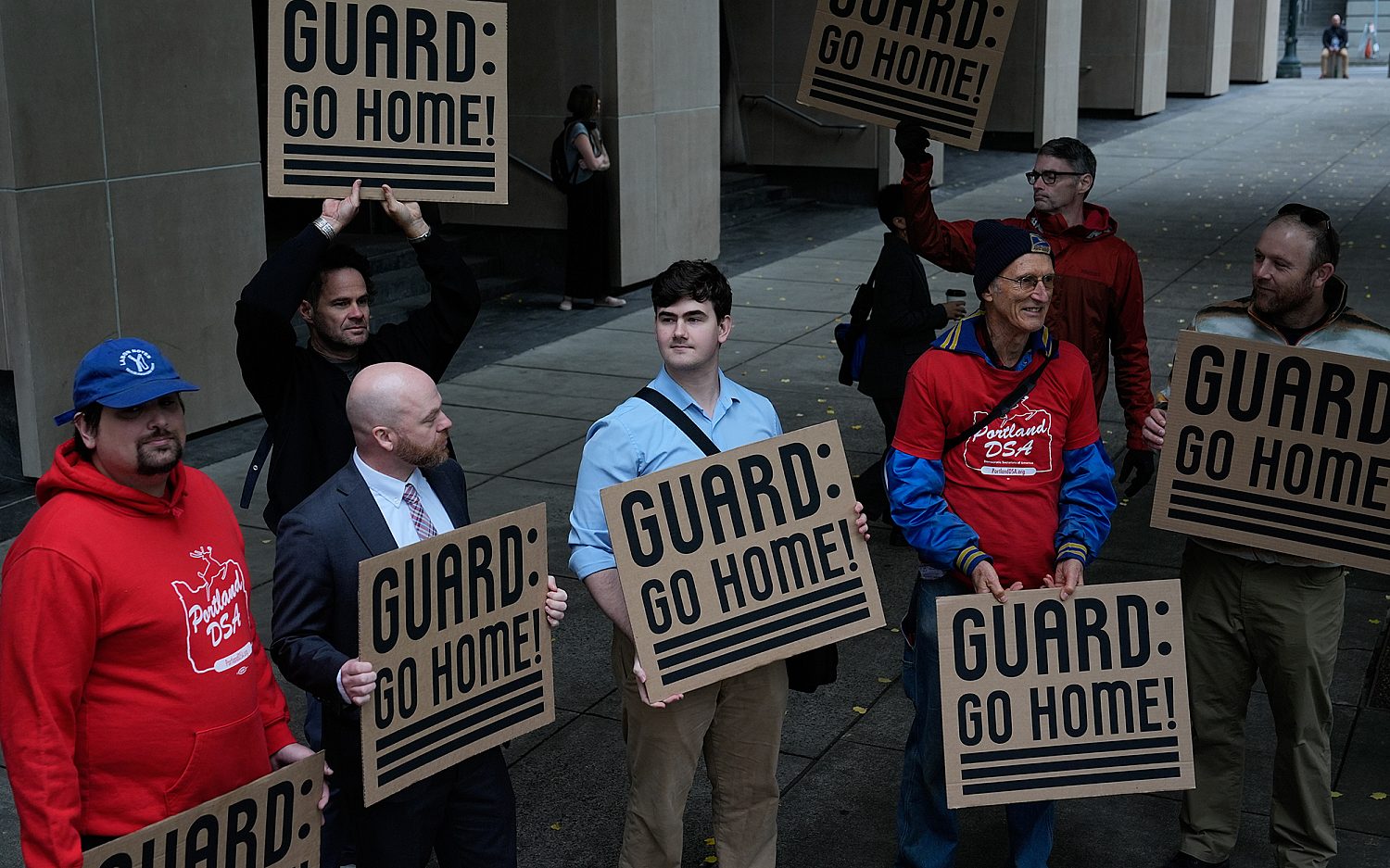Obama admin sidesteps Congress to liberate prison policy
In a speech today at the annual meeting of the American Bar Association in San Francisco, Attorney General Eric Holder announced an overhaul of federal prosecution policy the Obama administration hopes will reduce crowded prison populations.
Around 1 in 100 Americans lives in a prison. The United States imprisonment rate has increased nearly 800 percent since 1980, and today, the U.S. has 5 percent of the world’s population, but nearly 25 percent of the prisoners, according to the federal government.
“We must never stop being tough on crime,” Holder said, according to a copy of his prepared remarks. “But we must also be smart and efficient when battling crime and the conditions and the individual choices that breed it.” He noted the U.S. prison system cost taxpayers $80 billion in 2010: “Although incarceration has a significant role to play in our justice system, widespread incarceration at the federal, state, and local levels is both ineffective and unsustainable.”
Under the policy changes, federal prosecutors will seek shorter prison sentences for certain nonviolent drug offenders who are not members of gangs or cartels. They will seek the early “compassionate” release of elderly prisoners who did not commit violent crimes and have already served portions of their sentences. They will promote drug treatment programs as an alternative to prison sentences, and allow state prosecutors to handle more criminal cases.
Craig DeRoche, the president of Justice Fellowship, a Christian organization that advocates for prison reform, welcomed the announcement. He said faith-based groups like his have been pressing for such reforms for decades: “This is a belated entrance by the president and the attorney general. So, better late than never.”
DeRoche said governors in states like Pennsylvania, Georgia, South Dakota, and Ohio have already implemented reforms that increased public safety while reducing incarceration expenses. One of the most effective policies has been the creation of “accountability courts” that allow drug and alcohol offenders to return to their families and jobs under the condition they pay fines and submit to supervision, such as regular drug testing. None of the states whose governors have instituted such reforms have reported an increase in crime or recidivism, DeRoche said.
Drug treatment programs as alternatives to prison sentences can be effective if they involve personal accountability, DeRoche added. “The daily monitoring of people that have drug addictions yields a better result—and changes in their lives—than incarceration.”
Holder acknowledged in his speech that state reforms have contributed to an overall reduction in the U.S. prison population during the past three years. The population drop in 2012 was the largest ever, he said.
But by directing U.S. attorneys to seek shorter sentences, the Obama administration is pursuing justice-system reform using executive channels, sidestepping Congress in the process. The Justice Department is asking prosecutors to file cases against drug offenders in a way that circumvents “mandatory minimum” laws requiring certain drug offenders to receive a minimum sentence (10 or 15 years, for example).
Justice Fellowship supports fewer mandatory minimum laws, but DeRoche said Congress should be enacting reforms, rather than leaving the task to the discretion of government lawyers: “It would be better for the legislature to remove that authority from the federal prosecutors in the first place, and place more trust in the governors’ and states’ criminal justice systems.”
An actual newsletter worth subscribing to instead of just a collection of links. —Adam
Sign up to receive The Sift email newsletter each weekday morning for the latest headlines from WORLD’s breaking news team.





Please wait while we load the latest comments...
Comments
Please register, subscribe, or log in to comment on this article.